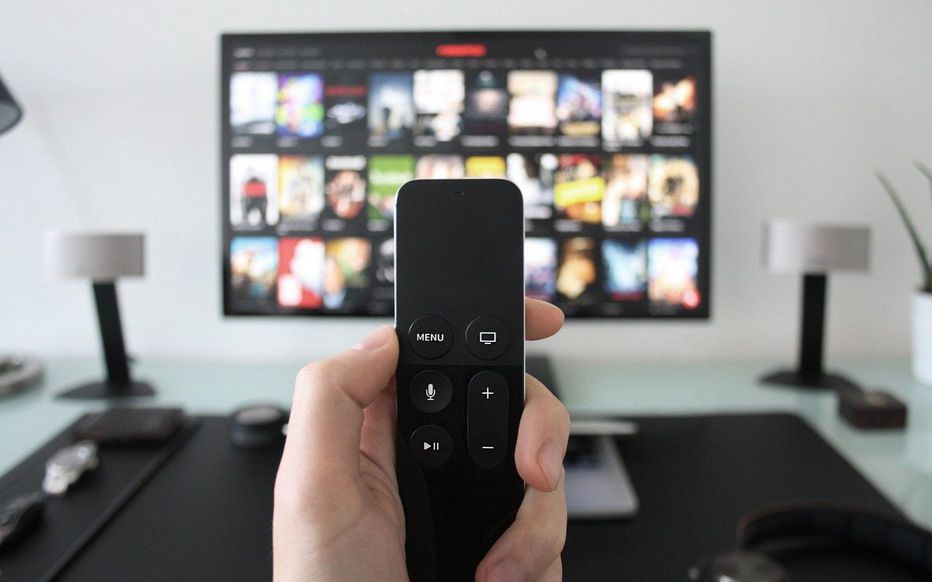IPTV or VOD, how are they different?
In general, we are sure that you have used IPTV or VOD systems without knowing it. But don’t worry, today we will solve the doubts you have about it, what it looks like and how the two lines differ. Because if; Both are lines through which we can watch Internet TV files in a very simplified way. What do we have with them?
IPTV and VOD to watch TV online
To talk a lot about IPTV or VOD lines, we have to say that they are two ways in which we watch Internet TV, and everything in an easily accessible way. Namely, Internet television is a global phenomenon. Because watching it online is an increasingly huge trend and because for many people it has become the only way to watch TV.
In fact, unlike what might have happened years ago, the way we used to watch TV has been almost completely blurred. In this new trend, one of the most used methods by users is IPTV. Do you know what it consists of? What does it have with VOD and what differences are there between them?
In these, IPTV is short for Internet Protocol Television. And sure, when you’re reading this, you’re thinking about streaming platforms like Netflix or Amazon Prime Video…but no; This is more in relation to VOD over IPTV, which may lead to misunderstanding.
What are they about?
First of all, it should be noted that they both aim to offer two different things, but with points in common with each other. For example; In terms of what is related to IPTV, this is a system used by some telecommunications companies that allows you to access your TV package over the Internet.

Now, IPTV should not be confused with Internet TV. In this case, it appears ever-present pay TV using a broadband connection over the IP protocol. Companies reserve a portion of their bandwidth for TV services. Sometimes they offer this TV service with your internet connection.

Or what is the same; If we decide to contract 100, 300, 600…MB with a particular company, they may have a specific amount allocated to the TV service and the rest for Internet use. Thanks to this bandwidth, TV quality is higher, more definition than satellite or cable channels and access to more channels.
In the other case, VOD is the opposite of IPTV. As the initials say, these give rise to what is known as video on demand, which is seen as the present and future of audiovisual content. It is a form of on-demand television that allows you to enjoy selected audio-visual content at any time.
Hence, it is a revolutionary way to watch TV, without the need for a traditional player and over-the-top (OTT) access. A phenomenon that has witnessed high growth in recent years and is expected to grow even further.
We found all the differences
Lorem ipsum dolor sit amet, consectetur adipiscing elit. Ut elit tellus, luctus nec ullamcorper mattis, pulvinar dapibus leo.
And yes. Currently, these video platforms, such as VOD, are the strongest competition to traditional TV and cable companies, such as IPTV, mainly due to their low cost and rapid digital introduction.
In the case of what is known as pay TV, what IPTV does compared to VOD is to create a private and direct network between the operator that provides you with the channels and the user, so that you can receive these channels without connecting to the Internet just by turning on the router or decoder. Channels are broadcast on demand, and the operator reserves a portion of your bandwidth for IPTV. Thus, if we contract for 100MB, about 30 or 40MB may be allocated to IPTV and the rest is left for your traditional Internet use.

